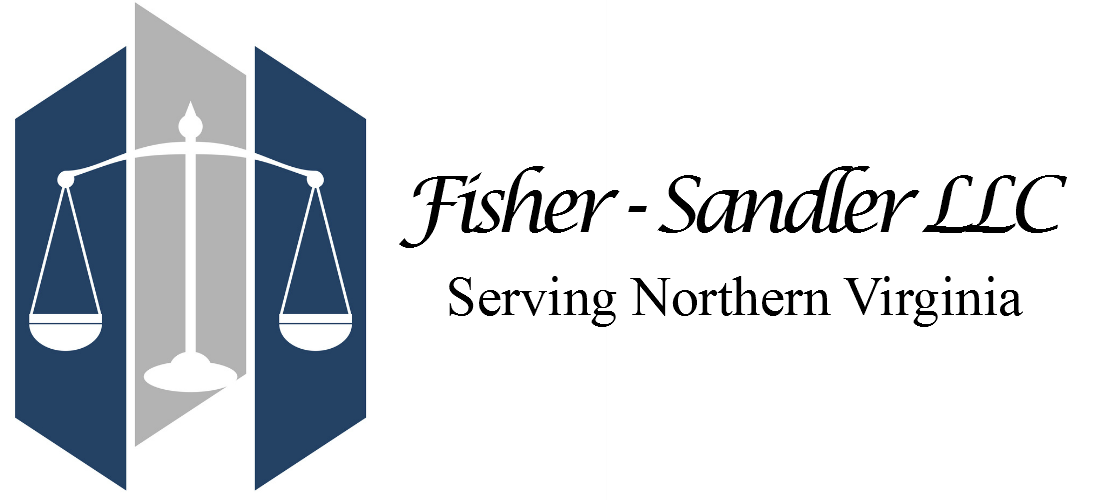How does Chapter 7 bankruptcy work?
Chapter 7 bankruptcy in Fairfax is designed for debtors of modest means who are in financial difficulty and who do not have the ability to pay their existing debts. The purpose of filing a Chapter 7 case is to obtain a discharge of your existing debts.
Whenever a person files for bankruptcy in Farifax VA, the United States Bankruptcy Court requires that that individual give full and complete disclosure as to their current financial situation. This financial paperwork is known as the Bankruptcy Schedules and it sets out who the debtor owes money to, how much they owe, what property the debtor owns, how much money the debtor makes per month, and what the debtors monthly expenses are.
Once the bankruptcy schedules have been prepared and filed with the Court, the first thing that happens is that the Court imposes what is known as the “Automatic Stay”. The automatic stay is a court order that instructs creditors that as of the moment the debtor filed for bankruptcy protection, any collection activity on the part of any creditor must stop. Collection activities that must cease immediately upon the filing of a bankruptcy include, for example, wage garnishments, foreclosures on homes, car repossessions, levies on bank accounts, and lawsuits of all types.
The next step in the bankruptcy process is that the court appoints an individual for the case known as the bankruptcy trustee. The trustee’s job is to determine if the person filing for bankruptcy owns some item of property that is more valuable than what they are allowed to keep. The bankruptcy law lays out a list of property that any person filing for bankruptcy is allowed to retain. This list, known as the list of exemptions, varies depending upon what state the debtor lives in. The idea behind the exemptions is that a person forced into bankruptcy should not be forced to relinquish everything that they have; the debtor should be entitled to exempt, or protect, those items that will enable the debtor to move forward smoothly and productively with a fresh start.
The role of the trustee and the allowed exemptions are of critical importance in the bankruptcy process, and can require careful analysis, especially if the debtor owns real estate. Whether or not a debtor will be allowed to retain a home in a chapter 7 bankruptcy is based on several factors including how much equity is in the property, what state the property is located in, and who, if anyone, owns the property along with the debtor.
The entire Chapter 7 bankruptcy case usually takes about 90 days from start to finish. The timeline is generally as follows: the case gets filed and the automatic stay is imposed on Day One. Approximately 30 days into the case, there is a meeting with the trustee. After that meeting, there is a waiting period of approximately 60 more days until the court issues the discharge. Creditors are given this 90-day period to file an objection to discharge. Objections to discharge are uncommon; a creditor cannot merely object because the debtor owes them money. Rather, the creditor must allege some type of fraud or improper conduct on the part of the debtor for the objection to succeed.
Once the debtor receives a discharge, there are certain debts that remain non-discharged under the law, meaning they still have to be repaid. The debtor will likely still be responsible for certain taxes, student loans, alimony, child support, and criminal restitution.
For more information or to schedule a free consultation please call Fisher – Sandler LLC at (703) 967-3315 or (703) 691-1642 today. We can help answer any questions you may have about filing bankruptcy in Fairfax County, Prince William County and Stafford County.

Recent Comments